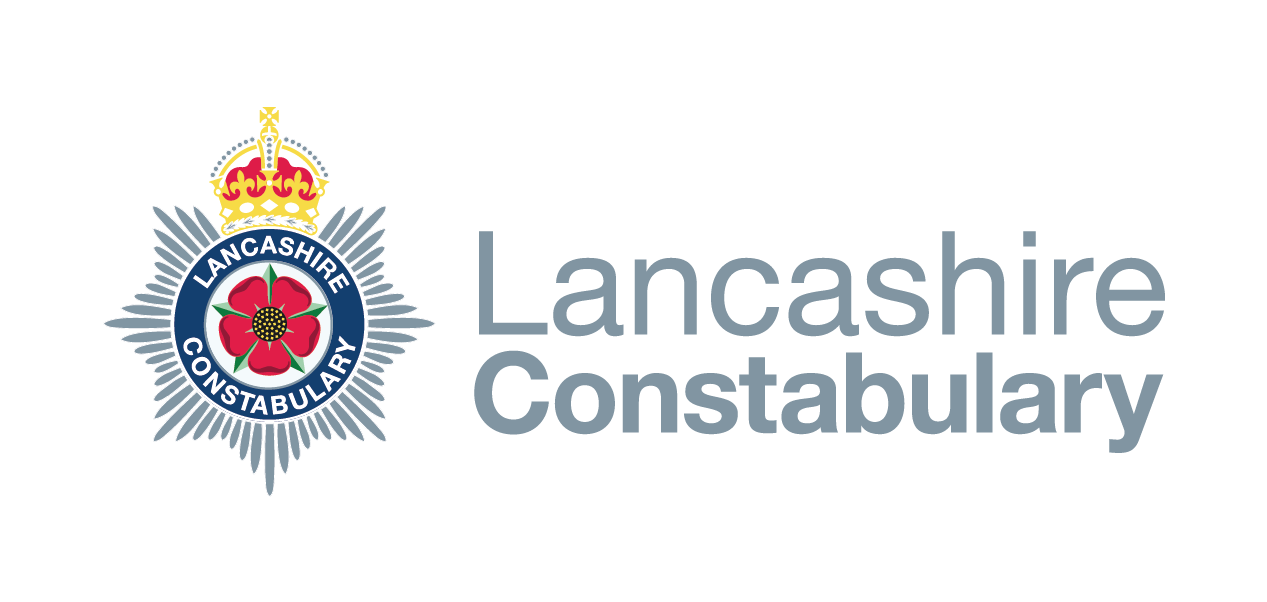Knives and the Law
Knives and the law
Just by carrying a knife you could end up in court.
It is illegal to carry a knife, even if it belongs to somebody else and if you are caught you will be arrested.
Anyone who is carrying a knife and is intending to use it as a weapon – even in self-defence - can be arrested, go to court and receive a police record or even a prison sentence of up to 4 years.
The police can search anyone they suspect of carrying a knife.
Some people say that they carry a knife for protection or to make them feel safer, even though they wouldn’t think of using it. However, research has shown that you’re actually more likely to become a victim of crime if you carry a knife.
The maximum prison sentence for carrying a knife is four years, but if you use the knife in a crime or to injure someone the penalties are a lot worse. Under 'joint enterprise' rules, prosecutors also have the power to bring before the courts people who were present when a crime was committed so that all face the same serious charges.
Knives
It is illegal to:
- sell a knife of any kind to anyone under 18 years old, unless it has a folding blade 3 inches long (7.62 cm) or less.
- carry a knife in public without good reason - unless it’s a knife with a folding blade 3 inches long (7.62 cm) or less, e.g. a Swiss Army knife (a "lock knife" does not come into the category of "folding pocket knife" because it is not immediately foldable at all times)
- carry, buy or sell any type of banned knife
- use any knife in a threatening way (including a legal knife, such as a Swiss Army knife)
Lock knives
Lock knives are not classed as folding knives and are illegal to carry in public without good reason. Lock knives:
- have blades that can be locked and refolded only by pressing a button
- can include multi-tool knives - tools that also contain other devices such as a screwdriver or can opener
Good reasons for carrying a knife
Examples of good reasons to carry a knife in public can include:
- taking knives you use at work to and from work
- taking knives to a gallery or museum to be exhibited
- the knife is going to be used for theatre, film, television, historical reenactment or religious purposes, e.g. the kirpan some Sikhs carry
A court will decide if you’ve got a good reason to carry a knife if you’re charged with carrying it illegally.
Banned knives
Examples of knives that are completely banned are:
It is illegal to bring into the UK, sell, hire, lend or give anyone the following:
-
butterfly knives (also known as ‘balisongs’) - a blade hidden inside a handle that splits in the middle
-
disguised knives - a blade or sharp point hidden inside what looks like everyday objects such as a buckle, phone, brush or lipstick
-
flick knives (also known as ‘switchblades’ or ‘automatic knives’) - a blade hidden inside a handle which shoots out when a button is pressed
-
gravity knives
-
stealth knives - a knife or spike not made from metal (except when used at home, for food or a toy)
-
zombie knives - a knife with a cutting edge, a serrated edge and images or words suggesting it is used for violence
-
swords, including samurai swords - a curved blade over 50cm (with some exceptions, such as antiques and swords made to traditional methods before 1954)
-
sword-sticks - a hollow walking stick or cane containing a blade
-
push daggers
-
blowpipes (‘blow gun’)
-
telescopic truncheons - extend automatically by pressing button or spring in the handle
-
batons - straight, side-handled or friction-lock truncheons
-
hollow kubotans - a cylinder-shaped keychain holding spikes
-
shurikens (also known as ‘shaken’, ‘death stars’ or ‘throwing stars’)
-
kusari-gama - a sickle attached to a rope, cord or wire
-
kyoketsu-shoge - a hook-knife attached to a rope, cord or wire
-
kusari (or ‘manrikigusari’) - a weight attached to a rope, cord, wire
-
hand or foot-claws
-
knuckledusters
This is not a complete list of banned knives and weapons. Contact us to check if a knife or weapon is illegal.
The Offensive Weapons Act 2019
The Offensive Weapons Act 2019 makes it unlawful to own specific firearms, knives, and other offensive weapons.
Section 46 of the act makes it unlawful to possess specific weapons, including knuckledusters, flick knives and zombie knives in private, meaning people can no longer keep them at home. The definition of a flick knife has also been updated to reflect changes in design over recent years.
In 2021 the legislation changed and it is now an offence to possess certain items such as knuckledusters, throwing stars, zombie knives, even in your own home. There is also updated definition of flick knives to reflect changes in weapon designs, and the banning of private possession of flick knives and gravity knives.
It also included new provisions for the control of goods sold online, as well as placing responsibility onto delivery companies to conduct age verification at delivery stage. These are important developments that will help us to address the growing issue of online sale of knives.
This is part of wider action to tackle serious violence and keep communities safe from dangerous weapons.

